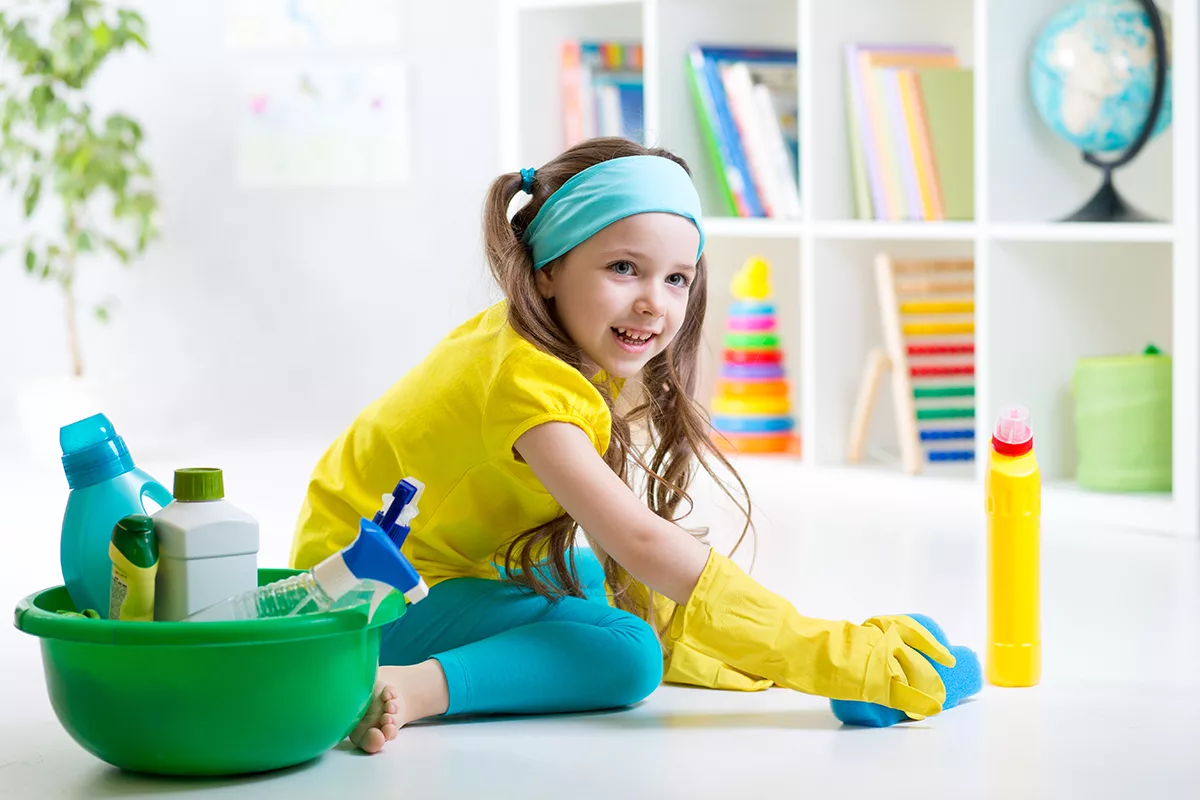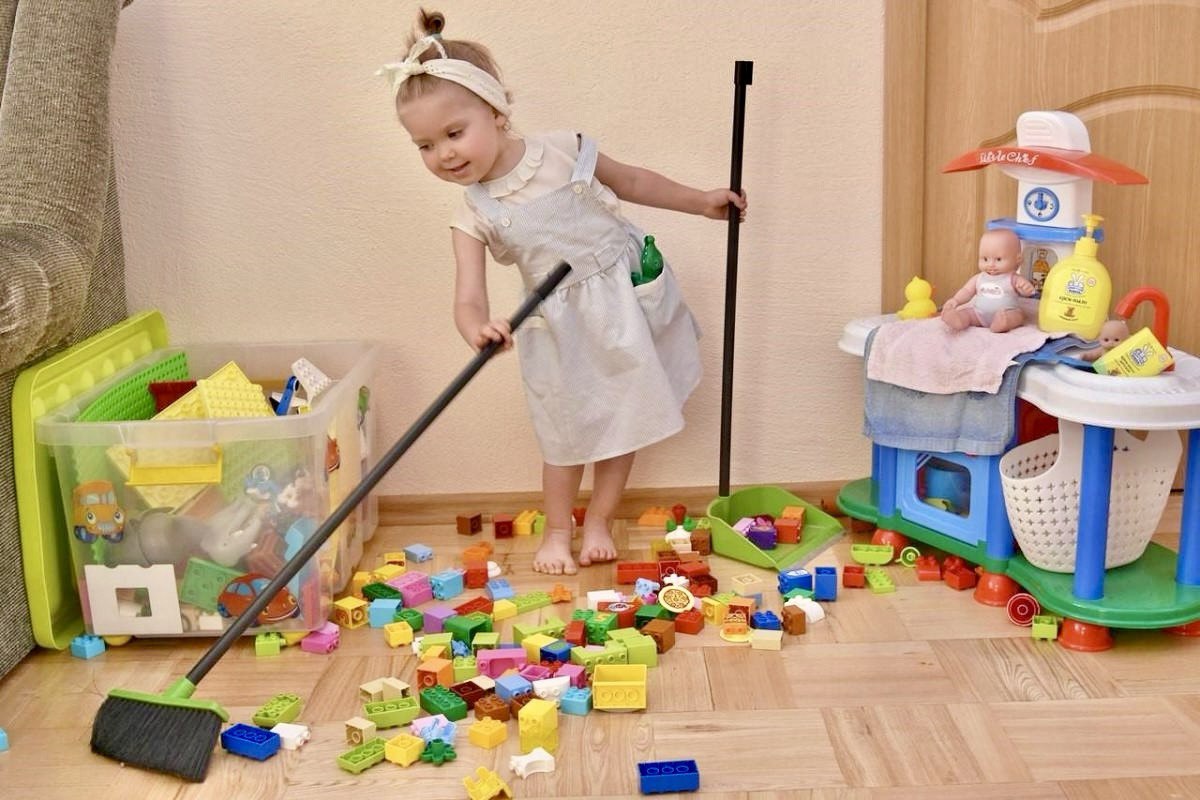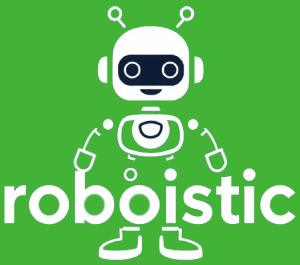Many people search for the happiness all their lives, while others claim that it is only experienced in childhood and can never be recovered. Now research carried out and published by Harvard University claims that the key to the happiness is present in a habit that is always carried out in childhood and that can be recreated when we are adults.
What childhood habit is the key to happiness?
Believe it or not, Harvard University claims that household chores bring us happiness. It was found that children who put their toys away or who tidy their own clothes are happier than others.

At first, this attitude of cleaning and tidying up may be rejected by children, but once they incorporate it into their routine they can feel very happy, as it gives them the feeling that they are doing something on their own and without anyone’s help.
In addition, Harvard University has discovered a strong connection between household chores and professional success. Apparently, young children who feel they are sharing responsibilities and are part of a larger “ecosystem” or group, acquire a greater sense of self-esteem.
A child who cleans and tidies his or her room alone becomes a person who is always willing to help others. According to experts at Harvard University, they are also more likely to be successful at work.

The Harvard research has been endorsed by a study of ‘Associations Between Household Chores and Childhood Self-Competency’ published in the ‘Journal of Developmental and Behavioral Pediatrics’, which asserts that children who do household chores are more likely to be happy as adults.
When should a child start cleaning and tidying their space?

According to the aforementioned studies, a child should start cleaning and tidying their space when they are 4 or 5 years old. In addition, experts emphasize the need to highlight these achievements so that children feel grateful and develop self-confidence as well as self-efficiency.
“Compared to children who regularly performed household chores, children who rarely did so were more likely to score in the bottom quintile in academic ability, peer relationships and life satisfaction,” the aforementioned study Associations Between Household Chores and Childhood Self-Competency points out.









